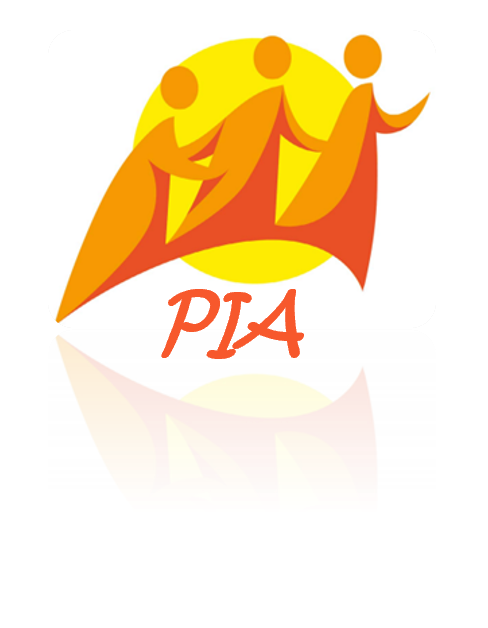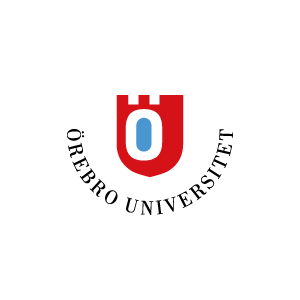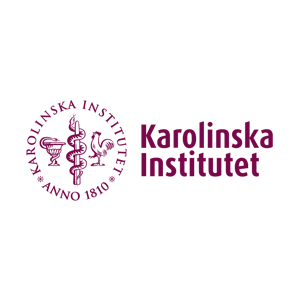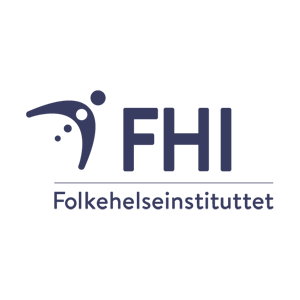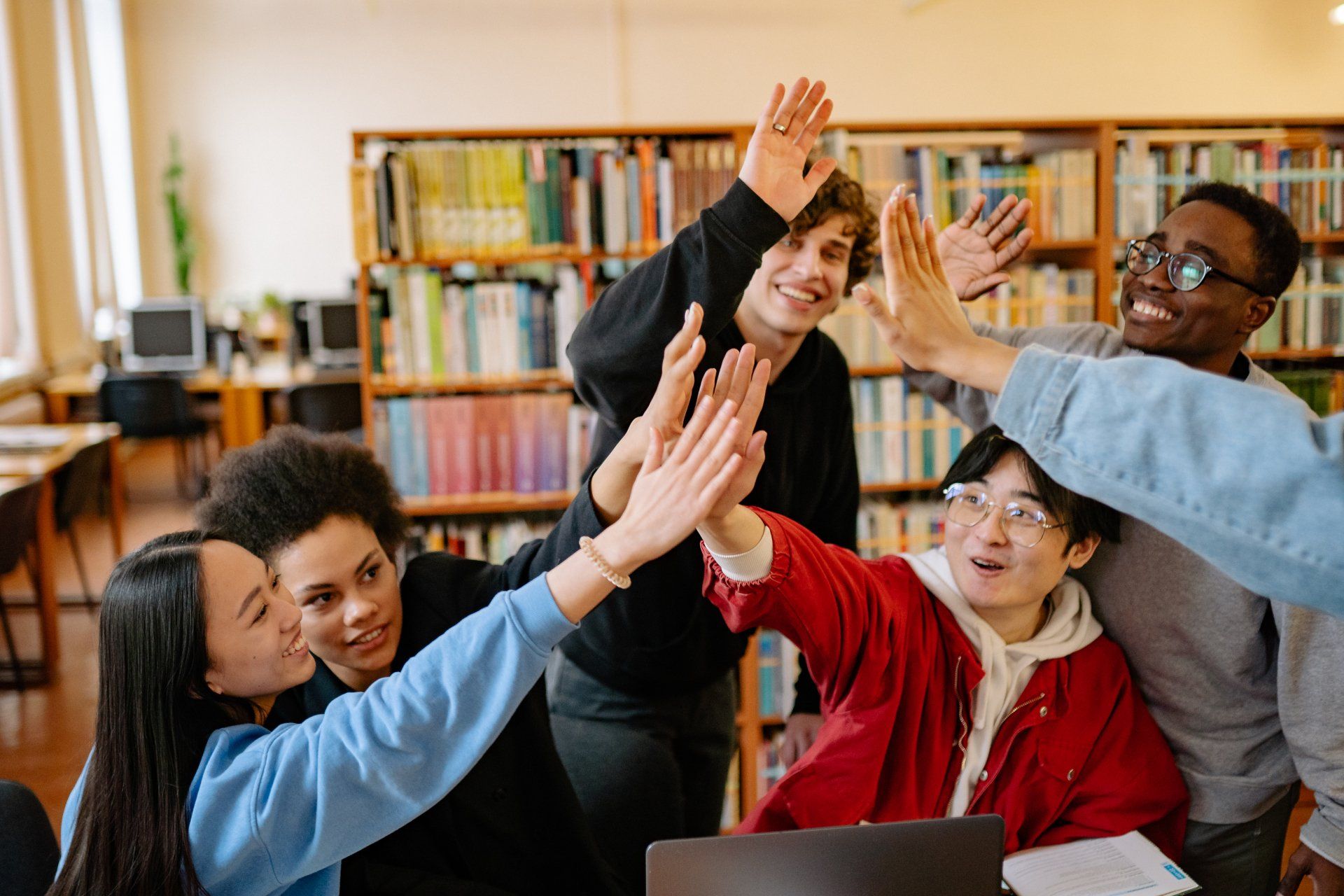
The PIA project
A Project to promote the adjustment and well-being of newly arrived youth and their families
Information for schools and organisations.
About the PIA Project
The PIA Project exists to strengthen the well-being of newly arrived families and help them overcome potential challenges that come with living in a new country. Our starting point is that these families have many tools and strengths to create a good future in Sweden, where our role is to help them find these.
The project is a collaboration between Örebro University, Karolinska Institutet, Umeå University and the Public Health Institute in Norway. Örebro University is responsible for the project. The project is financed by the Swedish Research Council, FORTE, Vinnova. The research project is approved by the Ethics Review Authority.
The PIA project gives the participants the opportunity to meet in groups together with a leader and discuss topics that deal with what it is like to come to a new country. Both the PIA for young people and the PIA for parents have been pilot tested and the results show that the participants showed great commitment, and found the content to be very relevant and helpful. They would also "strongly recommend this program to others with a similar background".
For that reason, we are currently conducting randomized control trials, which means expanding the programs to even more participants, to better understand if and how the programs help young people and parents, both in the short and long term. The project staff will collect information from the participants by asking them to answer questionnaires on various topics related to well-being. The information is always analyzed only at the group level and for scientific purposes, such as the publication of articles.
The PIA Project has created two programs, one for young people and one for parents:
PIA for parents
For parents of young people between the ages of 10 and 18 who came to Sweden from 2015 and later
Many who come to a new country find themselves in a stressful situation. One can be faced with challenges such as learning a completely new language, understanding how another society works and encountering another culture. Challenges for teenagers in a new country include having to learn a new language, make new friends and understand the new culture, while the body and brain are changing rapidly.
In the program, parents of young people between the ages of 10 and 18 who came to Sweden from 2015 are given the opportunity to meet and, together with leaders, discuss how to best support their teenager and increase the family's ability to cope with obstacles encountered in a new country.
The program consists of four meetings of 2.5 hours and a follow-up meeting a few weeks later. Each group consists of 6–10 parents who came to Sweden in 2015 or later and two trained leaders who are parents themselves and speak both Swedish and Arabic, Dari, Kurdish (Kurmanji), Somali or Tigrinya. The meetings will be held in the language preferred by the participants.
PIA for youths
For youths at the ages of 12 to 16 who came to Sweden in 2015 and later
Adolescence is an exciting and challenging time for everyone and during this time you develop rapidly in different ways. Interests can change, you can get new thoughts about life, while the motivation for school can change. Being new in a country and having to build a new life can also make being a teenager extra challenging.
In the program, youths who came to Sweden from 2015 and later and who are between the ages of 12 and 16 can meet other young people in a similar situation. They get the opportunity to talk about how it really feels to come to a new country, as well as develop their own strengths to deal with stress and anxiety in everyday life and to achieve their dreams.
The program consists of six sessions of approximately one hour each. These will be given once a week, either physically/face-to-face or digitally. Each group will consist of 3 – 6 young people and a university student who has been trained as a leader by Örebro University. We have leaders who speak Swedish, Arabic, Dari, Kurdish (Kurmanji), Somali or Tigrinya. The meetings will be held in the language preferred by the participants.


